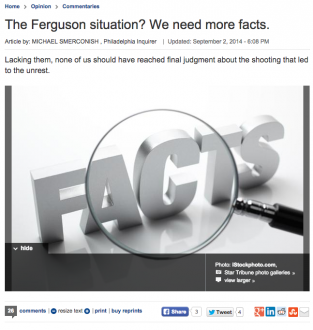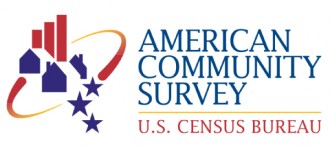
Welcome back! Wait, many of you never went anywhere. You’ve been reading TSP all summer. You guys have been great. It was me who’s been on hiatus, buried in book writing among other things. (One of those manuscripts, on migration with Syed Ali, is done; another, my long-suffering study of midnight basketball, is close… very close.) Anyway, with the start of a new academic year, I always feel a little like Mr. Kotter.
I am excited about the year ahead. On the teaching front, I’ll be offering—for the first time—a new graduate seminar on “great books” in sociology, a course that grew out of a few posts I did wrote winter, right here on The Society Pages. In terms of the website, we’ve got a great new graduate student board shaping up and we are just about ready to unveil a facelift for TSP (we think it’s pretty sweet).
One of our goals for The Society Pages this year, both online and in our social media, is to do a better job of covering the field of sociology taken as a whole. That’s no easy task. Some of this will involve bringing in more content on topics where there is a lot of great sociological research and writing, but that hasn’t been represented well on our site to date: for example, education, health and medicine, population studies. But doing a better job of covering the field also includes bringing in types of research that are also difficult to find on the web, but needed more than ever: basic social facts, emerging demographic trends, and empirical evaluations of public policy and conventional wisdom. For reasons that aren’t too hard to figure, there’s a lot of opinion and editorializing online, but not nearly so much accumulation and reporting of social facts and useful empirical information.
As fate would have it, our local newspaper ran two big pieces on the OpinionExchange page this very morning that seem to underscore these points and goals. One was about “the situation” in Ferguson, the other about the proliferation of flawed studies—what the author calls “pop-sociology and pop-psychology” in the news and in our social media streams. The former argued the need for more information before taking stands on Mike Brown’s death and its aftermath (though it didn’t have much to say about the broader social contexts and public policies sociologists have focused on in recent weeks). The latter was about how scholars in certain fields still seem to misunderstand the difference between correlation and causation. Specifics aside, both ran under the subtitle: “We need more facts.” We here at TSP couldn’t agree more—and will do our best to help provide those in the weeks and months ahead.
—–
A few resources for the interested reader hoping for a little social science around that “Ferguson situation”:
“Reflecting on Ferguson? There’s Research on That!”
“Social Fact: The Homicide Divide.”
“Social Fact: Death—Not the Great Equalizer?”
“Explaining and Eliminating Racial Profiling.”
The Chronicle of Higher Education: “How Professors in St. Louis are Teaching the Lessons of Ferguson’s Unrest.”
The Washington Post Wonkblog: “How Decades of Criminal Records Hold Back Towns Like Ferguson.”
“The Average White American’s Social Network is 1% Black.”
“What Are Rappers Really Saying About the Police?”
“The Role of Empathy in Crime, Policing, and Justice.”
“Failing to Understand When Non-White People Distrust the Police.”
“How Targeted Deterrence Helps Police Reduce Gun Deaths.”
“Roundtable: Social Scientists Studying Social Movements.”



 Under the title “
Under the title “